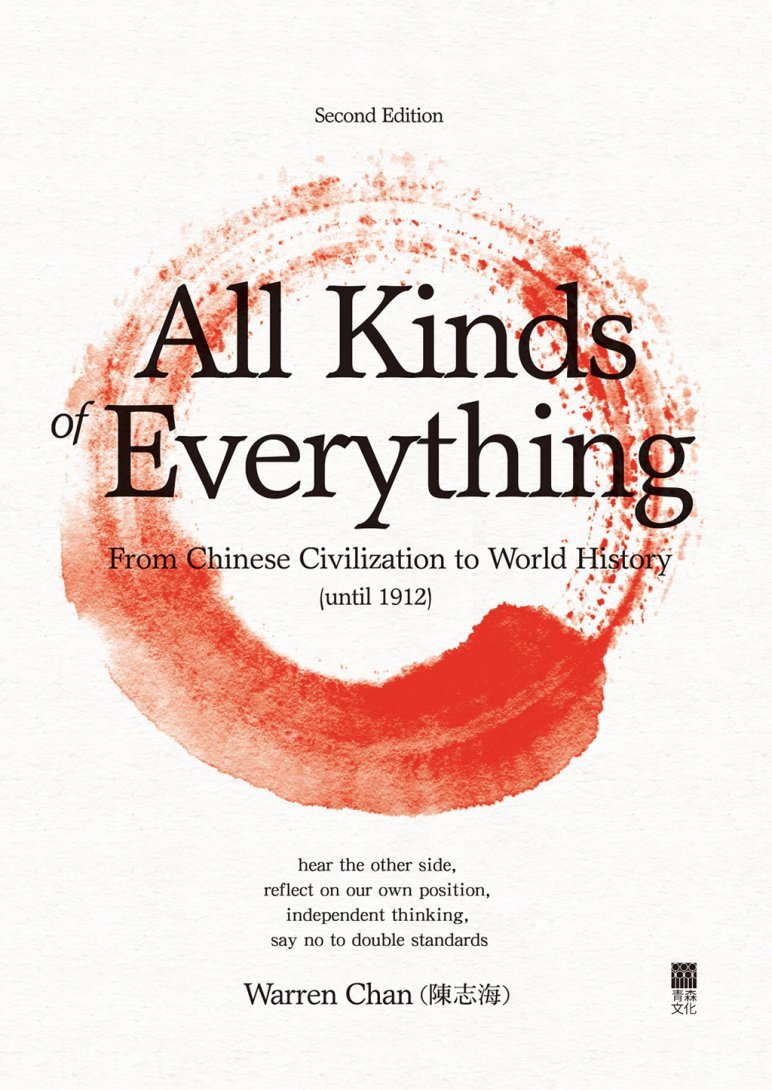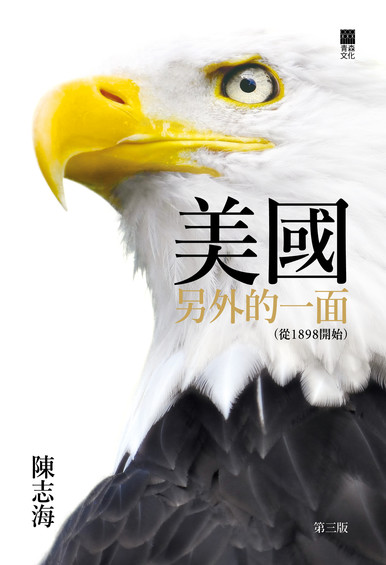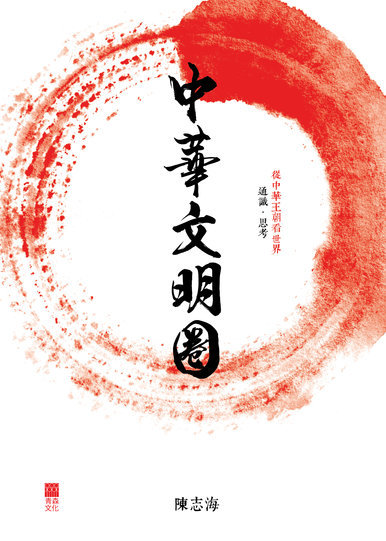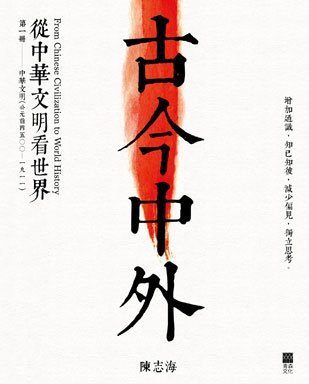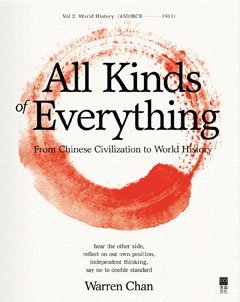Do you know why there have been so many problems in various parts of the world? In furtherance of their colonial interests, British politicians from time to time wrote national borders for other peoples. They did so in the Balkans, in Africa and in the Middle East. They even drew the border between China and India. Such borders were very often not based on the conditions on the ground. This sowed the seeds of future conflicts.
Open your eyes and be open-minded, learn history from different perspectives.
Hear the other side,
reflect on our own position,
independent thinking,
say no to double standard.
What have we learnt from history?
The Great Flood of Yahweh killed almost all living things (including the lovely boys and girls in China). Is this not genocide? In the Conquest of Canaan, did Yahweh not instruct his Chosen People to embark on genocide? Are these really consistent with the all-loving Christian God?
God must have been very upset by so many people claiming to be Christians but doing evil things in his name. The story of Christianity should have been a love story. I think that Jesus (as told in the Gospels) is really great. I love you. You love me. Love the one who persecutes you. This is of course easier said than done. But if we at least try to practice what Jesus preaches, this world will certainly be more beautiful.
Who decides what is orthodoxy and what is heresy? How is such a decision made? Is it correct that orthodoxy is essentially the winner, and heresy the loser, of an argument? Is it correct that, as a matter of history, the outcome of the argument (orthodoxy or heresy) is very often dependent upon which argument is backed by military power? Is it correct that, perhaps ironically, very often orthodoxy started off as a heresy? Is it correct that, in the course of history, yesterday’s heresy may become today’s orthodoxy; and vice versa?
Most of the kings who were given the honour of “the great” (e.g. King Alexander the Great) were mass murderers. What should be the correct “universal” value?
Muslims could fight defensive wars. They were not supposed to embark on aggression. But did they not march, with weapons of destruction, all the way out from Arabia?
Do you know that Martin Luther (the founder of Protestantism) regarded the Jews “as no better than dogs”? Do you know that he said that the Jews “are children of the Devil, condemned to the flames of Hell?”
The Americans’ right to life, liberty and pursuit of happiness was built upon the native peoples’ loss of their lives, homes and liberties. Do you agree that history is almost invariably written by the winners?
Do you know why there have been so many problems in various parts of the world? In furtherance of their colonial interests, British politicians from time to time wrote national borders for other peoples. They did so in the Balkans, in Africa and in the Middle East. They even drew the border between China and India. Such borders were very often not based on the conditions on the ground. This sowed the seeds of future conflicts.
The author introduces the influential moments and events in world history. More importantly, he raises questions and pinpoints some crucial facts that we have missed when we learnt history.
陳志海 (Warren Chan)
- LL B. (HK)
- Queen's Counsel
- Senior Counsel
- Honorary Fellow, University of Hong Kong
- Honorary Fellow, Chinese University of Hong Kong
Publication of Warren Chan
- 《All Kinds of Everything: From Chinese Civilization to World History (Vol 2: World History)》
- 《古今中外:從中華文明看世界(第一冊:中華文明)》
- 《古今中外:從中華文明看世界(第二版)》
- 《All Kinds of Everything: From Chinese Civilization to World History (until 1912) 2nd edition (精裝本)》
- 《美國另外的一面》
- 《美國另外的一面 (從1898開始) (增訂版)》
- 《中華文明圈》
- 《美國另外的一面 (從1898開始) (第三版)》
- 目錄
- Chapter 1 Pre-Xia Dynasty (夏朝之前) (before 2070 BCE)
- Chapter 2 Xia Dynasty (夏朝) (2070–1600 BCE)
- Chapter 3 Shang Dynasty (商朝) (1600–1046 BCE)
- Chapter 4 Zhou Dynasty (周朝) (1100–221 BCE)
- Chapter 5 Qin Dynasty (秦朝) (221–207 BCE)
- Chapter 6 Han Dynasty (漢朝) (203 BCE–220)
- Chapter 7 Three Kingdoms (三國時代) (220–263)
- Chapter 8 Jin Dynasty (晉朝) (265–420)
- Chapter 9 Northern and Southern Dynasties (南北朝) (420–589)
- Chapter 10 Sui Dynasty (隋朝) (581–618)
- Chapter 11 Tang Dynasty (唐朝) (618–907)
- Chapter 12 Five Dynasties (五代十國) (907–979)
- Chapter 13 Song Dynasty (宋朝) (960–1276)
- Chapter 14 Yuen Dynasty (元朝) (1260–1368)
- Chapter 15 Ming Dynasty (明朝) (1368–1644)
- Chapter 16 Qing Dynasty (清朝) (1644–1912)
- Index

 簡體中文 (即將支援)
簡體中文 (即將支援)
